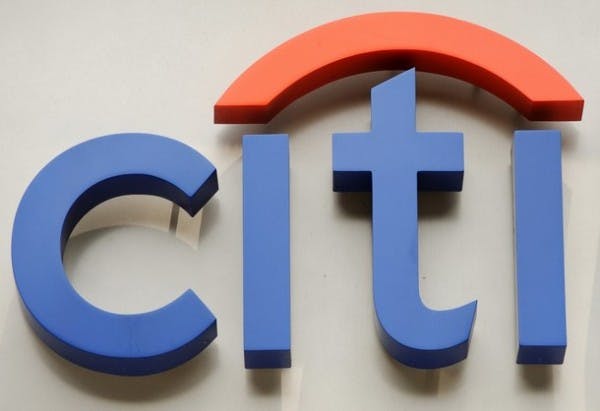Analysts at Wells Fargo & Co (NYSE:WFC) are of the view that shareholders at some of the biggest US banks will ultimately demand a breakup if stock valuations remain depressed for prolonged periods. This is a challenging environment for the US banks given the increased regulation and higher capital requirements.
Sum of parts
Bloomberg reported that analysts have calculated the valuations of some of the biggest banks in the US. For most of the banks, a breakup will earn shareholders better value. Take Citigroup Inc. (NYSE:C) for example. You can earn a 24% premium if Citigroup Inc. (NYSE:C) is broken up, compared to what you will get if the bank isn’t.

An investment in the parts of Bank of America Corp (NYSE:BAC) can earn you a 41% premium, while Goldman Sachs Group, Inc. (NYSE:GS) can earn you a premium of 19% on its tangible equity. Tangible equity is the measure of what shareholders would receive if the assets are disposed of and the liabilities are paid off. JPMorgan Chase & Co. (NYSE:JPM), which is also America’s largest bank, offers the highest premium of 69% on its tangible equity.
Using the sum of parts valuations, Citigroup Inc. (NYSE:C) should be trading at $63.33, while the shares of Goldman Sachs Group, Inc. (NYSE:GS) and Morgan Stanley (NYSE:MS) should be exchanging hands at $159.59 and $23.32 per share. Compared to this, Bank of America Corp (NYSE:BAC) is worth $16 per share, compared to its current share price of $12.27 per share.
Full valuations
Bank of America Corp (NYSE:BAC) is currently trading at a 14% discount to its most recent quarter’s tangible book value. Compared to this, Citigroup Inc. (NYSE:C) are trading at 12%. JPMorgan Chase & Co. (NYSE:JPM) is trading at 28% premium to its book value. Bank of America Corp (NYSE:BAC), Citigroup and JPMorgan are considered to have the so-called universal business model.
On the other hand, a more focused bank like Goldman Sachs is trading inline with its tangible book value, while Morgan Stanley (NYSE:MS) is trading at a 15% discount. Both Goldman Sachs and Morgan Stanley have a much more streamlined business model with a focus on investment banking, money management and trading.
In short, the universal banks are trading at a 25%-to-30% discount to their more-focused counterparts in the US.
Higher capital requirements
Under Basel III, banks are required to hold a minimum of 7% of Tier 1 capital, while an additional 2.5% is required if the bank is large and has a complex business model. However, the US legislators think the upcoming Basel III requirements aren’t enough, which is why they are drafting legislation under which banks will be required to maintain even higher capital. Under the new legislation, banks will be required to maintain 10% capital, while another 5% will be required for banks with assets over $400 billion.
Analysts believe this upcoming legislation would probably trigger a breakup of the largest US banks. However, its passage through Congress is unlikely in the near-term.
Shareholder activism
It was shareholder activism that led to the resignation of the Citigroup Inc. (NYSE:C)’s former CEO after his elevated compensation package was rejected by the shareholders in a meeting. It is the same shareholder activism that is demanding a breakup of banks, leading the management teams to remain more aware.
Citigroup and Morgan Stanley are the two stocks which analysts prefer because of the shareholder activism. These banks are also best positioned to grow their top lines and lending under such challenging times.
Conclusion
Shareholder activism has led to better strategic decision in the past for Citigroup. This time, shareholders and investors are demanding bank breakups. The new stricter capital regulation coupled with shareholder activism will probably make way for bank breakups, and when it does, it will create value for you. In particular, Citigroup, Morgan Stanley and JPMorgan are the banks that will provide you the maximum value.
The article Banks Breaking Up: Is There Value for You? originally appeared on Fool.com and is written by Adnan Khan.

